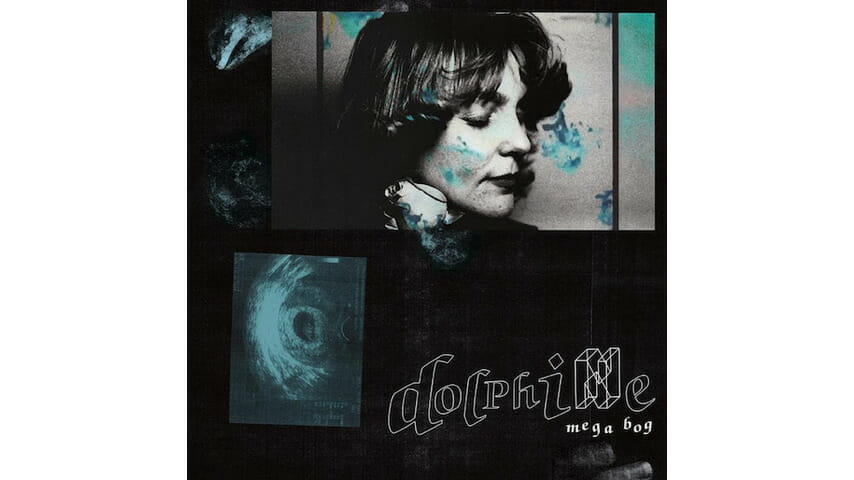Introducing Endless Mode: A New Games & Anime Site from Paste
If you go to megabog.com and scroll about halfway down the page, you’ll find a sentence that neatly sums up the history of Mega Bog, the ever-evolving musical project of Erin Birgy: “Over the past 8 years,” it says, “the band has stretched and wandered in a crescendo towards musical freedom.”
In most folks’ hands, this would simply be an unremarkable line of copy on a website. In the context of Mega Bog’s new album Dolphine, however, it jumps off the screen as a mission statement that’s closer than ever to fulfillment.
Birgy’s last couple of Mega Bog albums hinted at where things were headed. Gone Banana, released in 2014, simmers quietly, an avant-pop album that sounds like it was recorded around the corner and down the hall so as not to wake the neighbors. Three years later, Happy Together radiated a new confidence, pairing Birgy’s unconventional song structures with gauzy production and strange jazz jaunts. On both, Birgy sounded like an artist with a destination in mind. She just had to find her way there.
That’s not to say Dolphine is a perfect realization of Birgy’s vision, but it’s a lot closer than Happy Together was. First and foremost, the sound quality of these 11 tracks are a major improvement, with Birgy’s vocals mixed above ground, not buried. The performances sound sharper, too: Guitar strings are crisp, keys dance with verve and horns occasionally streak across the sky. Even the experimental touches—a weird echo here, an abrasive noise there—sound like you can reach out and touch them.
And then there are the songs, which land in a sweet spot between Birgy’s two main modes: sweet, fluttery folk and wide-eyed prog-pop trips. Opener “For the Old World” features a sprightly melody spiked with a short free-jazz interlude. “Diary of a Rose” is a jumble of prickly sounds pieced together atop a burbling bass line. Both “Shadows Break” and “Untitled (with ‘C’)” have a sort of “Story Time with Mega Bog” feel, as Birgy speak-sings about foxes and faeries and loneliness accompanied by quiet chirps, distant drones and gently plucked guitar. Lyrically, she is one of the most inscrutable writers going, though occasionally a universal sentiment—“What would I do to see you so soon?” she sings on the title track—peeks out from among her peculiar word combinations.
A highlight of Dolphine is that title track, a propulsive psych-pop number that sounds like Cate Le Bon singing over an Animal Collective production. But it’s the album’s penultimate song, “Fwee Again,” that seems to truly embody what Mega Bog is all about. A sequel, perhaps, to “Fwee,” which closed Happy Together with off-kilter ‘70s-country vibes, “Fwee Again” is four and a half minutes of unbridled exploration that goes through about three iterations—spacey intro, jittery indie rock, spooky piano tune—before Birgy joins in to squeal like Mogwai from “Gremlins” as the song whirls and surges around her.
On an album that scurries away from ordinary at every turn, “Fwee Again” stretches farther and wanders longer and crescendos louder, and that’s when it hits you: It’s the sound of Mega Bog reaching for the musical freedom Birgy’s been pursuing for years. She’ll get there soon enough.
